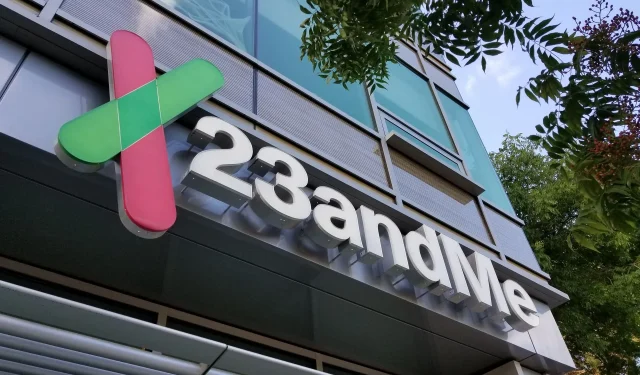23andMe Files for Bankruptcy: A Look at Recent Developments
In a significant turn of events, American biotech company 23andMe has filed for bankruptcy protection, as confirmed by reports from BBC. Accompanying this announcement was the resignation of co-founder and CEO Anne Wojcicki, further indicating the company’s turmoil. Despite the filing, a press release dated March 23 stated that operations would continue during the sale process, aiming to reassure stakeholders of ongoing commitments.
The company emphasized that there would be “no changes to the way the company stores, manages, or protects customer data.”However, this came amid growing concerns. On March 21, California Attorney General Rob Bonta issued a consumer alert, recommending that users consider removing their information from 23andMe’s platform.
Adding to the challenges faced by 23andMe, seven independent directors resigned on March 20, reportedly due to frustrations over Wojcicki’s strategic direction and her decision to take the company private. This mass resignation suggests a deep disconnect between management and the board regarding future objectives.
According to The Wall Street Journal, 23andMe has struggled to achieve profitability for an extended period. Once valued at approximately $6 billion, the company has experienced a staggering decline in its market value, plummeting by about 98%. Furthermore, there are looming risks of being delisted from the Nasdaq, as indicated by CNBC.
A History of Regulatory Challenges
Founded in April 2006, 23andMe gained fame for its direct-to-consumer genetic testing services. However, the company has had its share of regulatory obstacles, most notably when, in 2013, the FDA banned certain genetic tests for failing to provide adequate validation for their marketing claims. The FDA cited concerns over public health risks associated with inaccurate results.
In a public letter, Alberto Gutierrez, then-director of the FDA’s Center for Devices and Radiological Health, expressed the agency’s concerns about the accuracy of health-related predictions based on genetic data. Despite extensive communication, 23andMe allegedly failed to provide the necessary information to resolve the FDA’s concerns.
For context, the company previously marketed tests that assessed over 200 health conditions based on users’ saliva samples for the low price of $99. Following the regulatory issues, a class-action lawsuit was filed in the Southern District Court of California by users claiming that 23andMe continued to promote health benefits without proper approvals, potentially leading consumers to make poor health decisions.
“FDA is concerned about the public health consequences of inaccurate results from the PGS device – the main purpose of compliance with FDA’s regulatory requirements is to ensure that the tests work.”
Throughout its journey, 23andMe has also garnered endorsements from numerous celebrities, including Oprah Winfrey and Snoop Dogg. As the company navigates this tumultuous period, especially following Wojcicki’s resignation, it now seeks to reorganize under court supervision while exploring potential buyers.


